
Don’t Miss These 11 Early Signs of Pancreatic Cancer – This Could Save Your Life
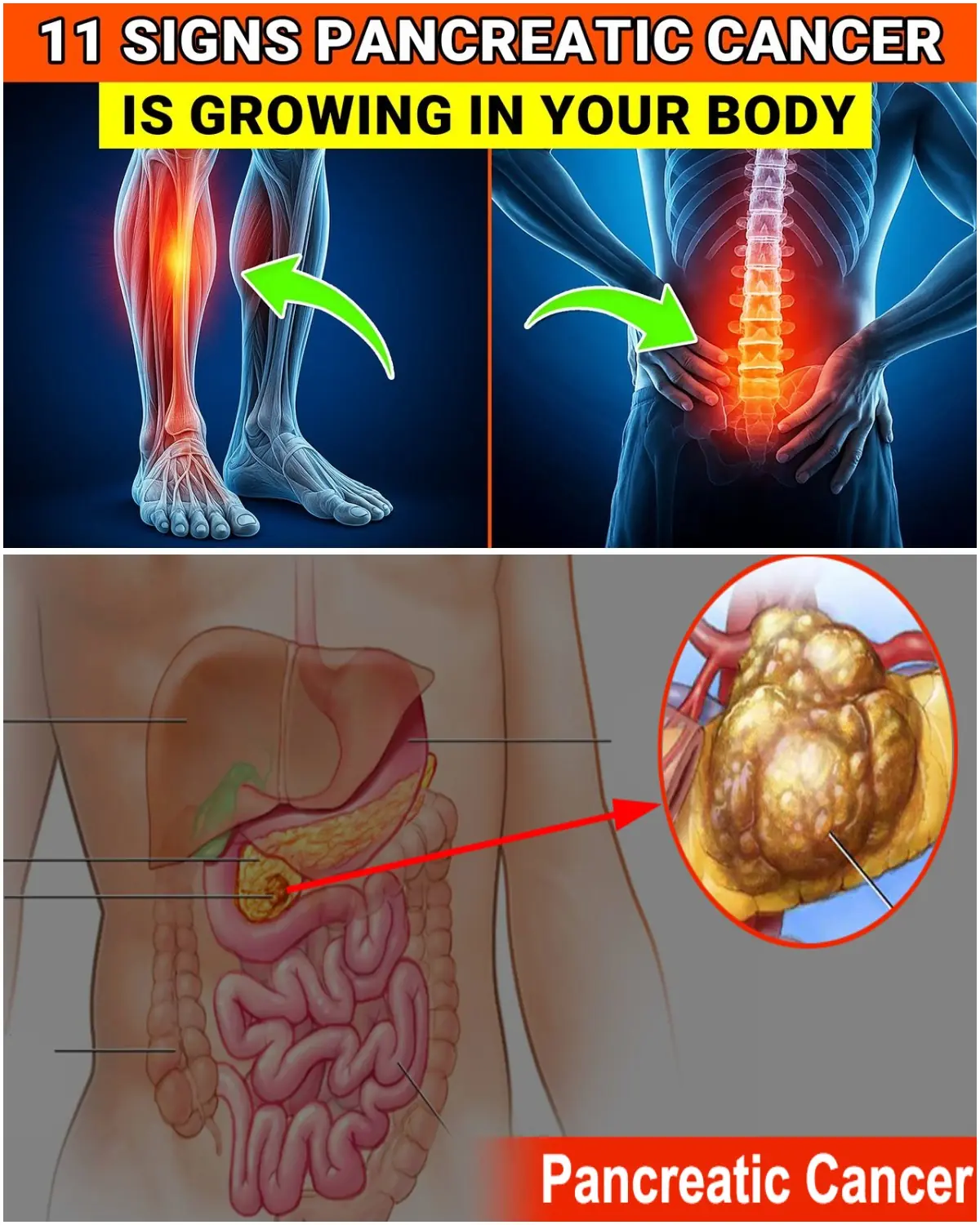
Pancreatic cancer is often called a “silent killer” because its early symptoms are subtle and easy to overlook. By the time it’s detected, the disease may already be advanced. According to the American Cancer Society, pancreatic cancer accounts for about 3% of all cancers in the U.S. but is one of the leading causes of cancer deaths.

Recognizing early warning signs could make all the difference. While these symptoms do not always mean cancer, being aware of them and seeking medical advice promptly can help with early detection and better treatment outcomes.
Here are 11 early signs of pancreatic cancer you should never ignore.
1. Persistent Abdominal Pain
A dull ache in the upper abdomen that radiates to the back may be an early symptom. This pain often worsens after eating or when lying down.
2. Unexplained Weight Loss
Sudden weight loss without changing your diet or activity levels can be a red flag. This occurs when the pancreas isn’t producing enough enzymes to help digest food.
3. Jaundice (Yellowing of Skin and Eyes)
One of the clearest signs. When a tumor blocks the bile duct, bile builds up in the body, causing yellow skin, dark urine, and pale stools.

4. Loss of Appetite
Feeling full quickly, a reduced desire to eat, or changes in taste can be linked to pancreatic issues.
5. Nausea and Vomiting
As the tumor grows, it can press against the stomach, causing nausea, bloating, and occasional vomiting.
6. Changes in Stool
Greasy, pale, or floating stools may indicate that your pancreas isn’t releasing enough digestive enzymes.
7. New-Onset Diabetes
Sudden diabetes in people over 50—especially without risk factors—can sometimes be an early sign of pancreatic cancer.

8. Fatigue and Weakness
Constant tiredness that doesn’t improve with rest may signal that your body is struggling with underlying illness.
9. Itchy Skin
Bile salt buildup under the skin from a blocked bile duct may cause persistent itching.
10. Blood Clots
Pancreatic cancer can sometimes cause blood clotting problems. If you experience swelling, redness, or pain in the leg, it could be a clot.
11. Digestive Difficulties
Gas, indigestion, or feeling bloated after small meals may indicate your pancreas is struggling to function properly.
What to Do if You Notice These Signs

- Don’t panic—many of these symptoms can be caused by less serious conditions.
- Track your symptoms and how long they’ve lasted.
- See a doctor promptly, especially if multiple signs appear together.
- Ask about tests such as blood work, imaging (CT, MRI), or an endoscopic ultrasound.
Prevention and Risk Reduction
While not all cases are preventable, you can lower your risk by:
- Quitting smoking
- Maintaining a healthy weight
- Eating a diet rich in fruits, vegetables, and whole grains
- Limiting red and processed meats
- Managing chronic conditions like diabetes carefully
Conclusion
Pancreatic cancer is aggressive, but catching it early can significantly improve outcomes. If you notice persistent symptoms like unexplained weight loss, jaundice, abdominal pain, or digestive issues, don’t delay—talk to your healthcare provider immediately. Awareness could save your life or the life of someone you love.
FAQs
Is pancreatic cancer curable if caught early?
Yes. If detected before it spreads, surgery and treatment can improve survival rates.
Who is most at risk?
Smokers, people over 60, those with diabetes, and people with a family history of pancreatic cancer.
Should I get screened for pancreatic cancer?
Routine screening isn’t common, but those with strong family history or genetic risk factors may benefit from early tests.
Disclaimer: This article is for educational purposes only. It is not medical advice. If you notice these symptoms, consult your healthcare provider promptly.
News in the same category


All-in-One Master Tonic with 7 Powerful Ingredients

Baking Soda & Turmeric: A Must-Try Skin Brightener

Mix Watermelon and Coffee Drink: A Refreshing Energy Twist

Garlic Oil for Natural Eyelash & Eyebrow Growth

Natural Remedy? Lemon and Charcoal for Tooth Decay

Homemade Cream to Get Pink Lips Naturally: Tomato and Turmeric Remedy

MISTAKE #1 WHEN CHEWING CLOVES (YOUR HEALTH IS IN DANGER)

8 Of The Most Harmful Foods for the Prostate
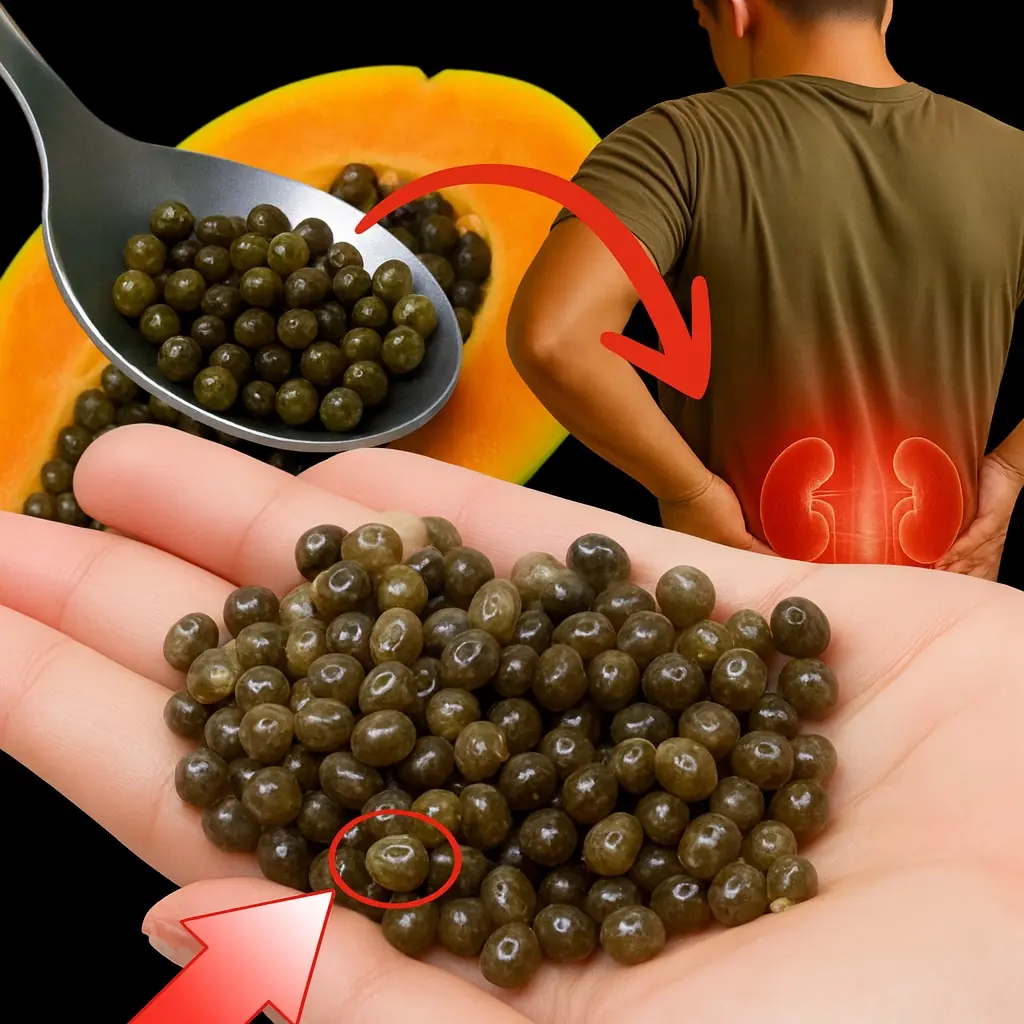
Papaya Seeds Can Save You a Lot of Money at the Pharmacy

The Secret Food That May Support Knee Cartilage Health

Put Black Pepper Under the Bed: You Won’t Believe What Will Happen
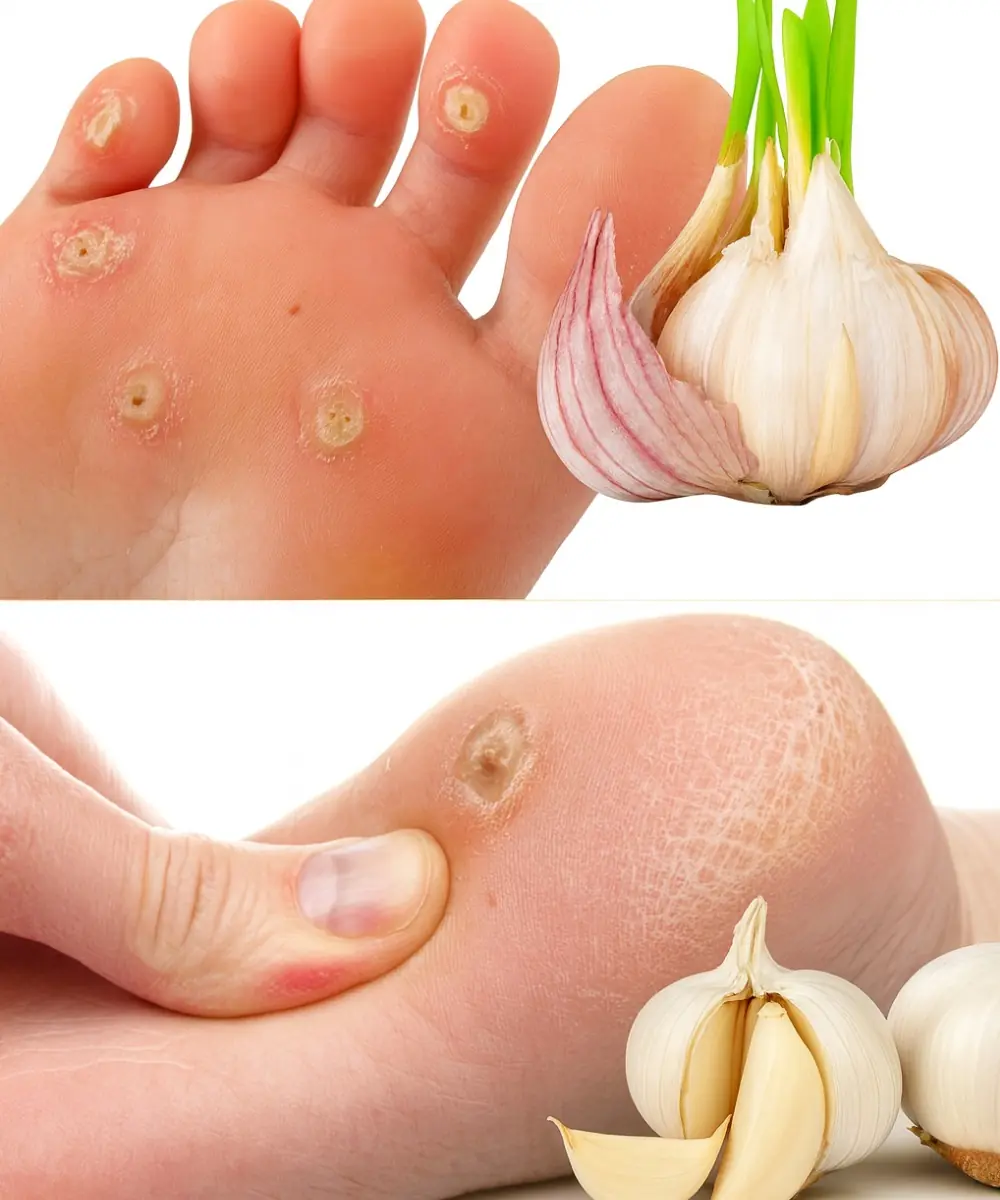
Banish Plantar Warts Naturally: Unlock Garlic’s Healing Power

Flash a Radiant Smile in Just 60 Seconds: The Banana Peel Whitening Hack for a Pearly White Grin

Nature’s Elixir: A Simple Drink to Nourish Your Kidneys, Liver, and Lungs 🌿

Glow Up Naturally: The Tomato and Turmeric Secret for Radiant Skin and Rosy Lips ✨

Natural Remedy with Honey and Cloves: A Powerful Boost for Your Health

Ginger, Cloves, and Lipton Tea: The Ultimate Wellness Elixir
News Post

🍓 Berry Yogurt Parfait with Granola

🍫 Decadent Chocolate Lava Mug Cake

ANNA JUST TOOK HER FIRST ORDER—AND SHE’S NOT STOPPING THERE

My Great-Uncle Turned 120 But No One Can Find A Single Record Of His Birth
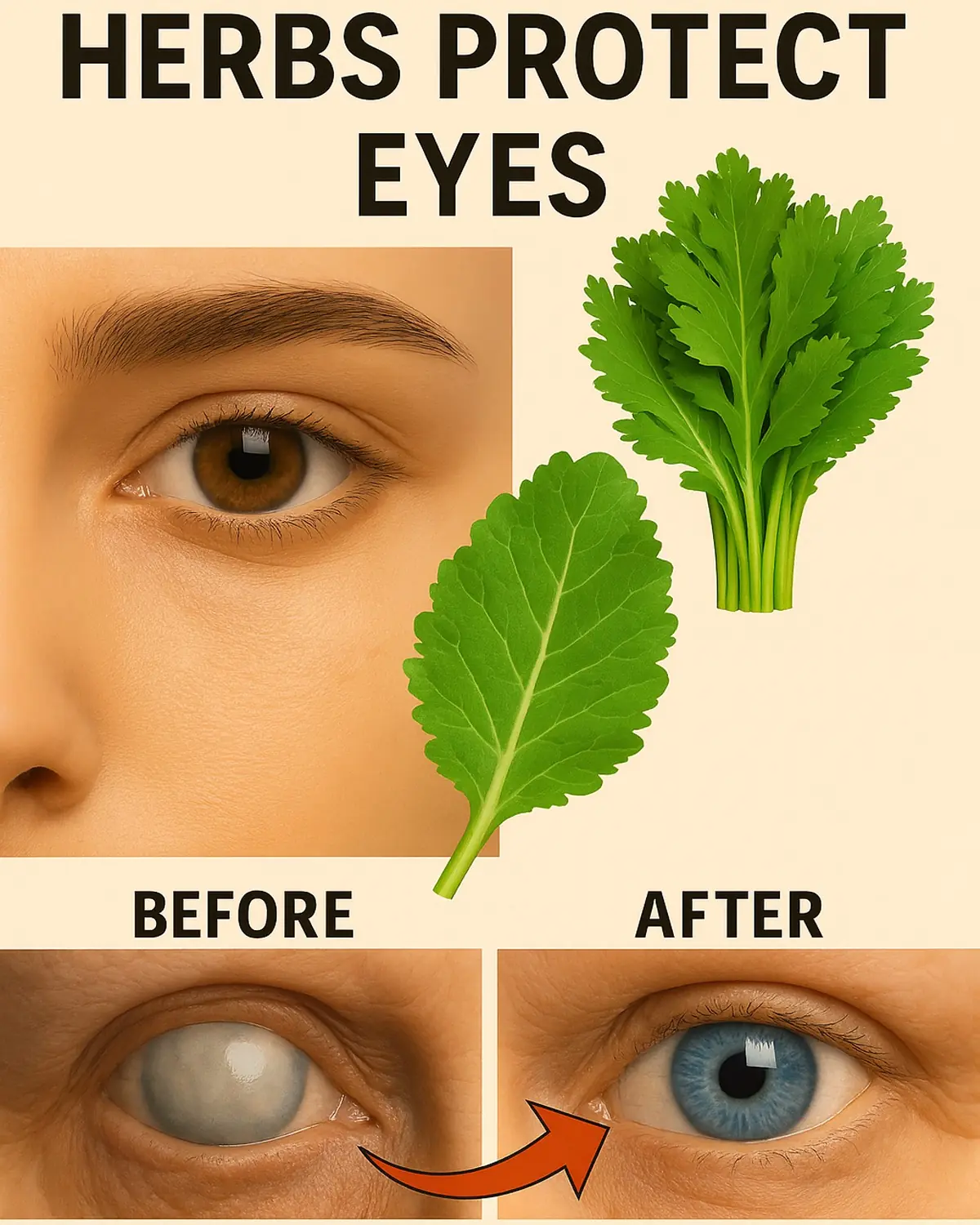
See the Difference: 5 Natural Leaves That Promote Eye Health

Clove Baby Oil – Natural Botox Oil For Wrinkle-Free Skin
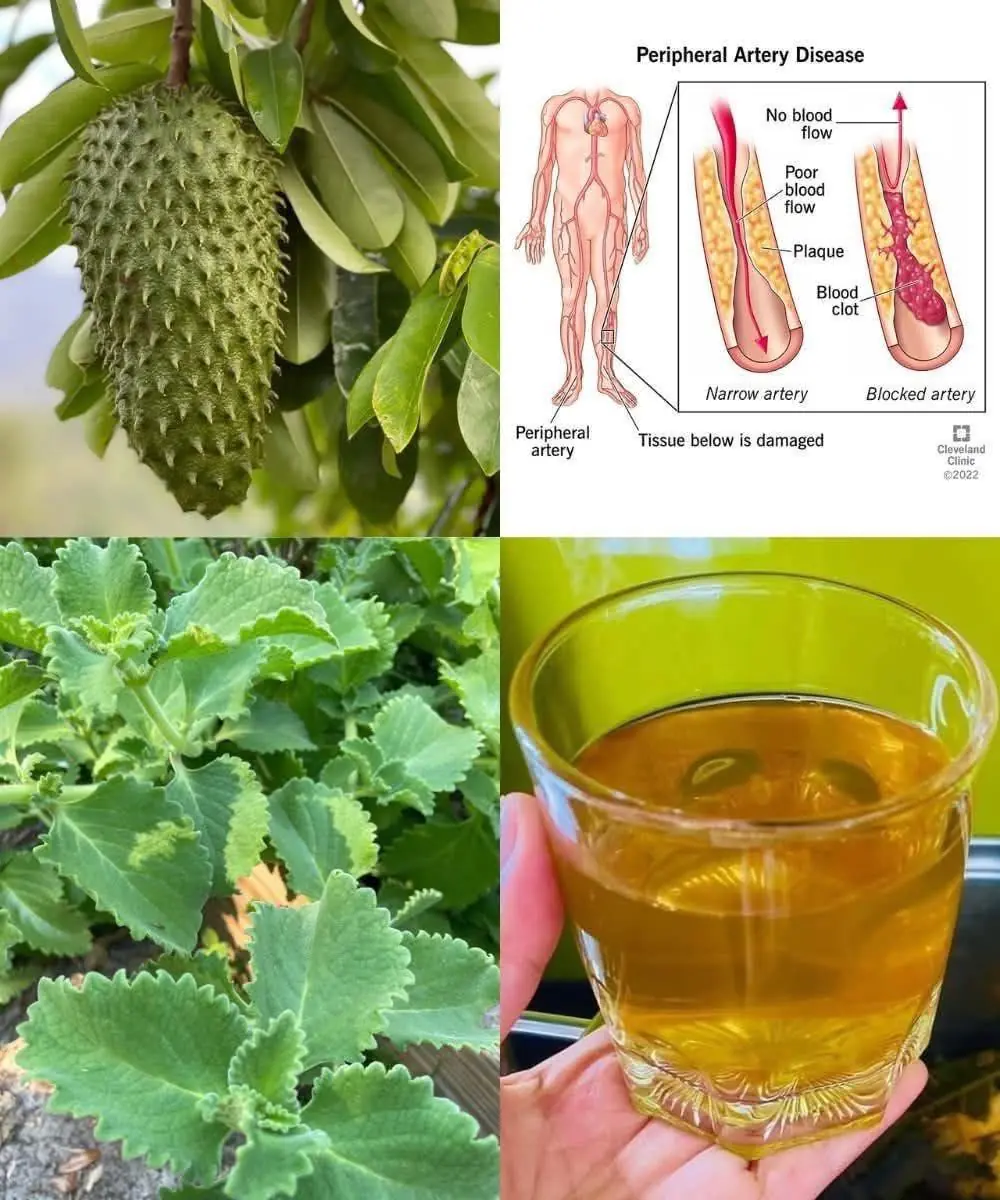
Soursop and Broadleaf Oregano Tea 😱😱..see more

Cucumber Gel Remedy: Visibly Younger Hands with a Natural Touch

All-in-One Master Tonic with 7 Powerful Ingredients

Baking Soda & Turmeric: A Must-Try Skin Brightener

Mix Watermelon and Coffee Drink: A Refreshing Energy Twist

Garlic Oil for Natural Eyelash & Eyebrow Growth

Natural Remedy? Lemon and Charcoal for Tooth Decay

Homemade Cream to Get Pink Lips Naturally: Tomato and Turmeric Remedy

MISTAKE #1 WHEN CHEWING CLOVES (YOUR HEALTH IS IN DANGER)

8 Of The Most Harmful Foods for the Prostate

Papaya Seeds Can Save You a Lot of Money at the Pharmacy

The Secret Food That May Support Knee Cartilage Health
